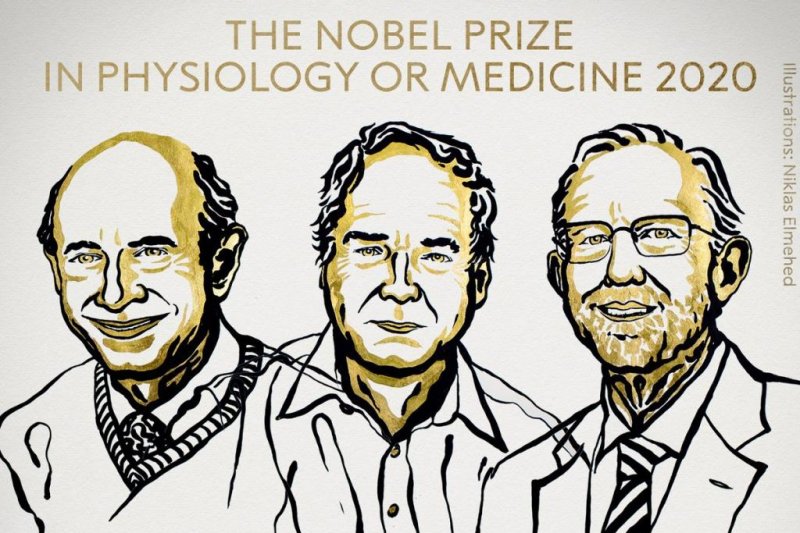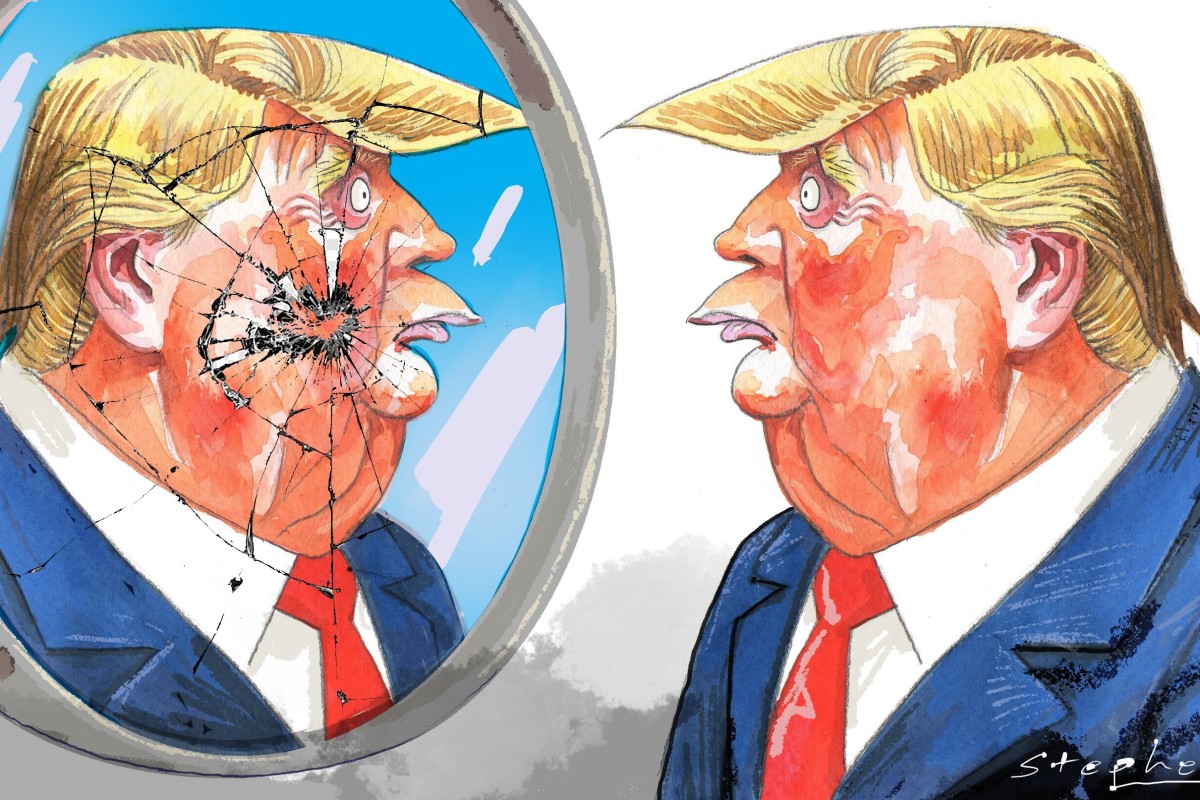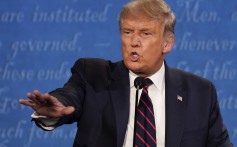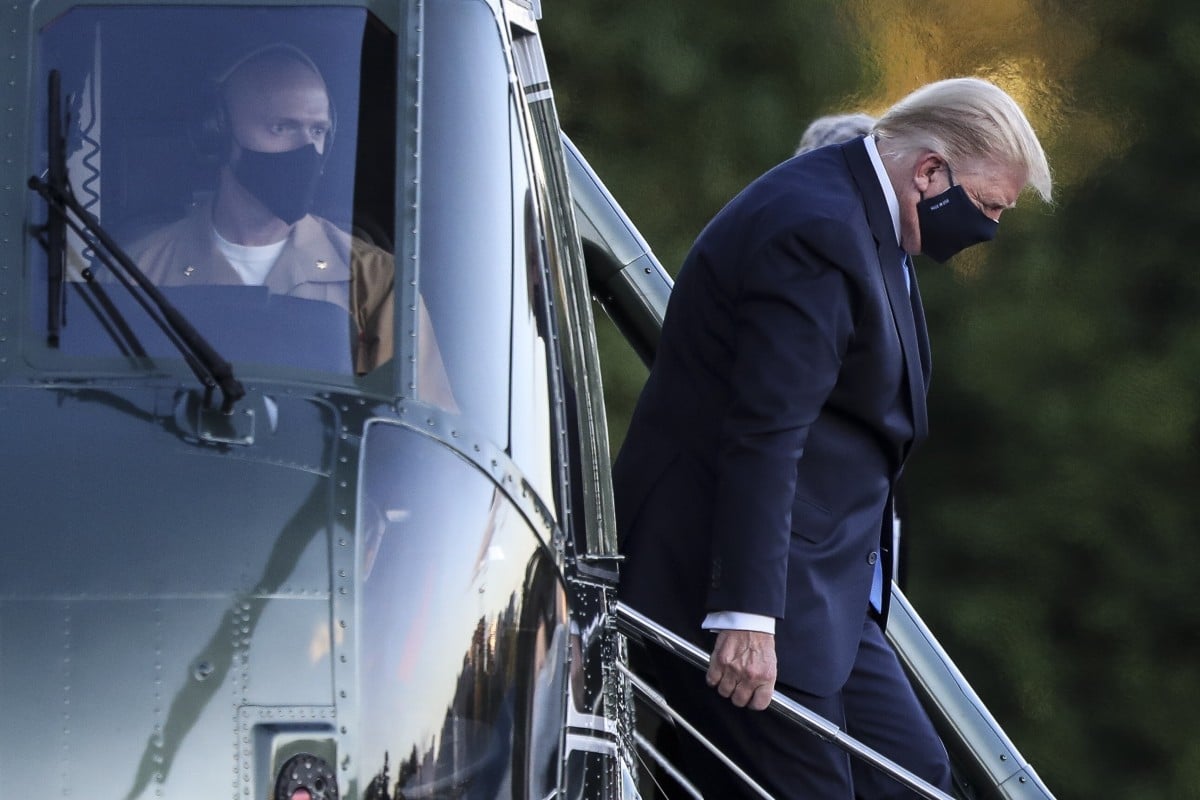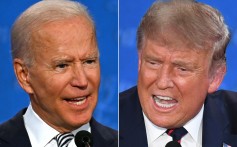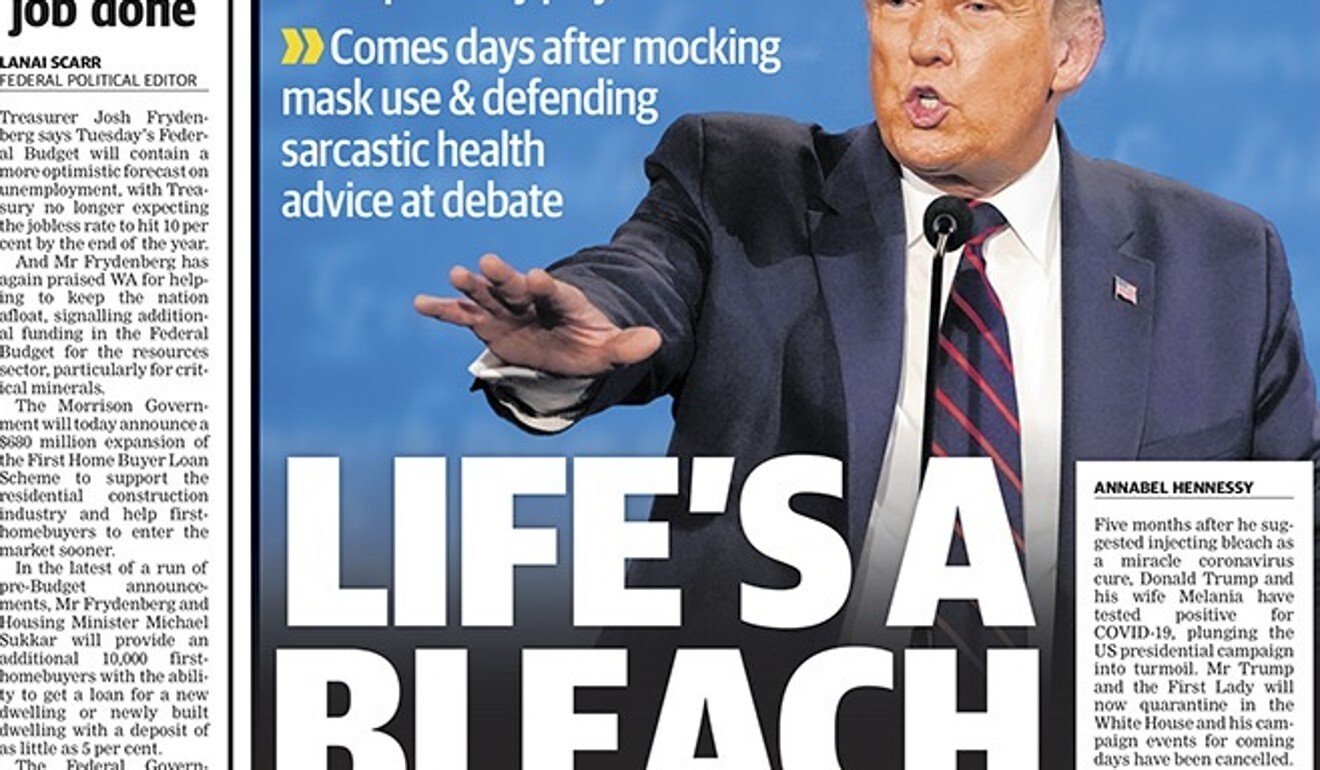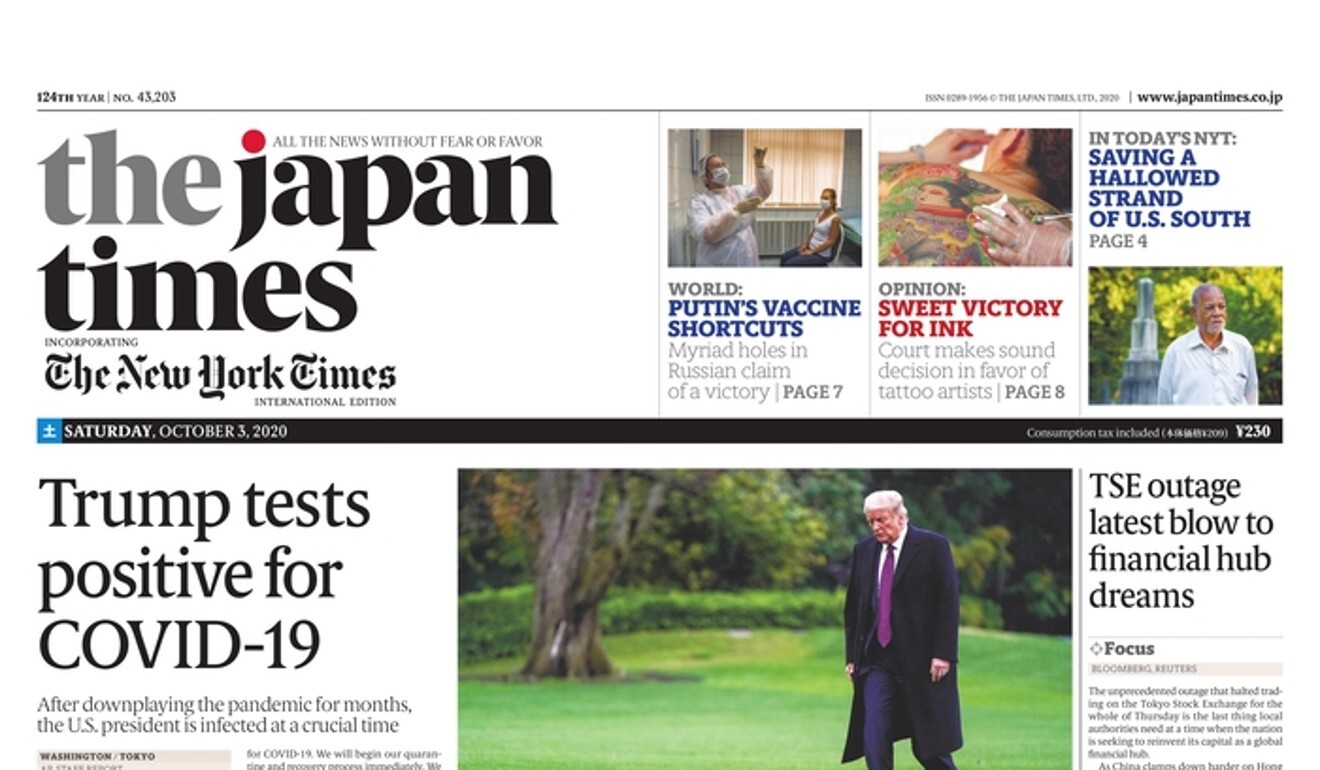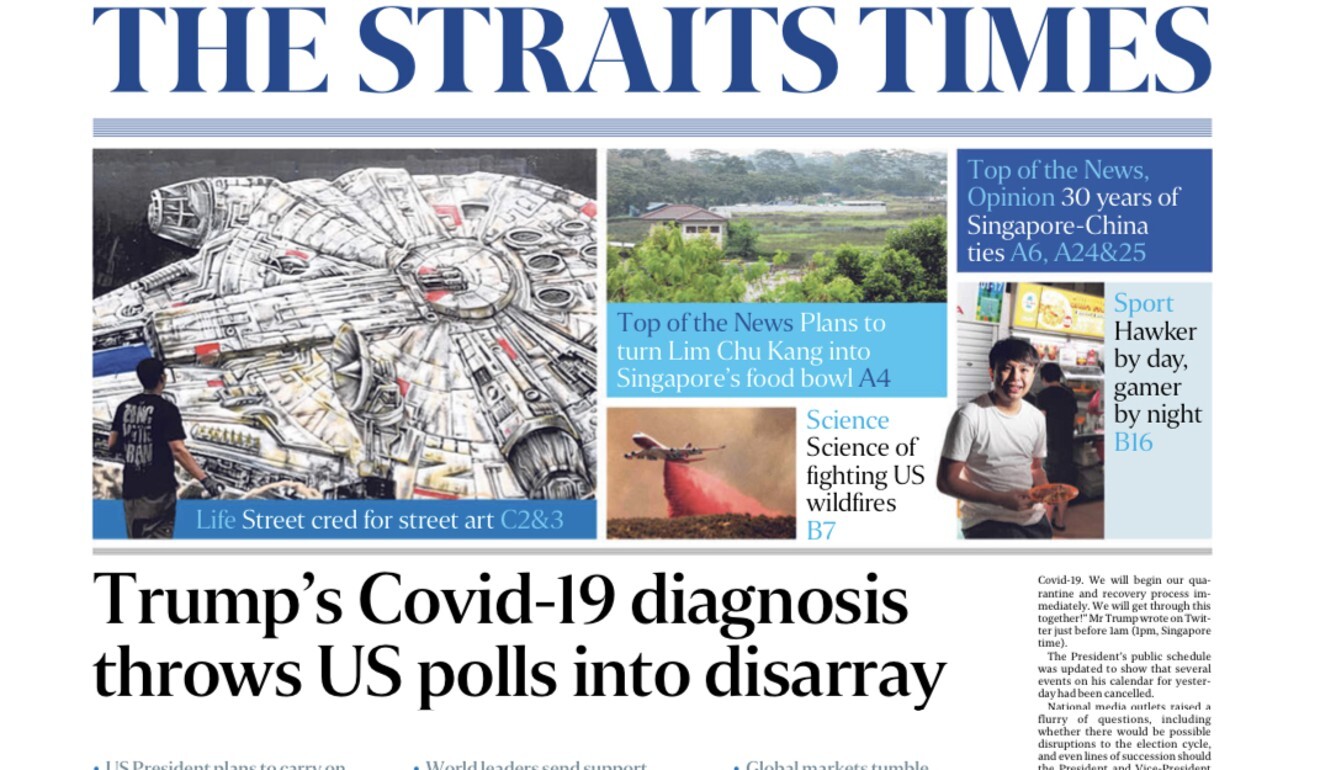PRIME THE PUMP
NOT THE AUSTERITY AXE

A masked woman passes an office tower in Moscow, Russia, on May 2. The IMF warned earlier this summer that global growth could contract by nearly 5% and imperil "significant progress" made since the 1990s. File Photo by Yuri Kochetkov/EPA-EFE
Oct. 5 (UPI) -- Governments should significantly boost social and infrastructure spending during the coronavirus pandemic to leverage millions of new jobs in the post-COVID-19 world, the International Monetary Fund said Monday.
IMF economists in a new report advocated borrowing at current low interest rates to bolster public investments in key areas such as healthcare, public housing, digitalization and environmental protection -- which, they say, could create 7 million jobs directly and more than 30 million jobs total.
"Public investment can play a central role in the recovery, with the potential to generate, directly, between two and eight jobs for every million dollars spent on traditional infrastructure, and between five and 14 jobs for every million spent on research and development, green electricity, and efficient buildings," they wrote.
The international bank predicted in June that global growth would contract by nearly 5% this year, imperiling "the significant progress made in reducing extreme poverty in the world since the 1990s."

A masked woman passes an office tower in Moscow, Russia, on May 2. The IMF warned earlier this summer that global growth could contract by nearly 5% and imperil "significant progress" made since the 1990s. File Photo by Yuri Kochetkov/EPA-EFE
Oct. 5 (UPI) -- Governments should significantly boost social and infrastructure spending during the coronavirus pandemic to leverage millions of new jobs in the post-COVID-19 world, the International Monetary Fund said Monday.
IMF economists in a new report advocated borrowing at current low interest rates to bolster public investments in key areas such as healthcare, public housing, digitalization and environmental protection -- which, they say, could create 7 million jobs directly and more than 30 million jobs total.
"Public investment can play a central role in the recovery, with the potential to generate, directly, between two and eight jobs for every million dollars spent on traditional infrastructure, and between five and 14 jobs for every million spent on research and development, green electricity, and efficient buildings," they wrote.
The international bank predicted in June that global growth would contract by nearly 5% this year, imperiling "the significant progress made in reducing extreme poverty in the world since the 1990s."
RELATED St. Louis Fed chief: Good Q3 would put U.S. near 'sort of full recovery'
That contraction could actually be higher, the IMF said, with a second wave in Europe and high case numbers in the United States heading into the colder winter months.
The bank said increasing public investment by 1% of GDP "could strengthen confidence in the recovery" -- if the investments "are of high quality" and the resulting debt burdens "do not weaken the response of the private sector to the stimulus."
Despite soaring debt levels in many advanced and emerging countries, the IMF said low interest rates signal the time is right to invest.
"Savings are plenty, the private sector is in waiting mode, and many people are unemployed and able to take up jobs created through public investment," the report said.
With private investment depressed and the economic outlook uncertain due to the continuing pandemic, the IMF said, "the time is now to undertake high quality public investment, in priority projects. It can be done by borrowing at low cost."








